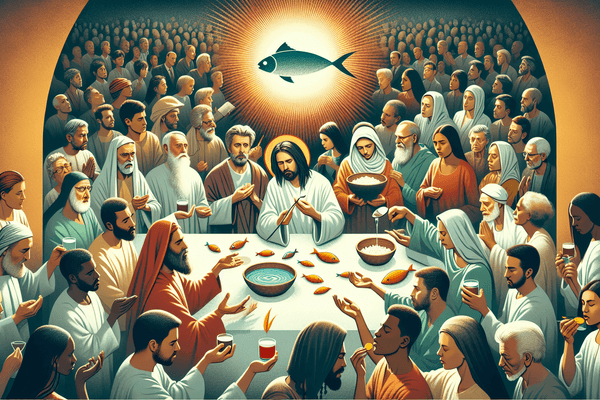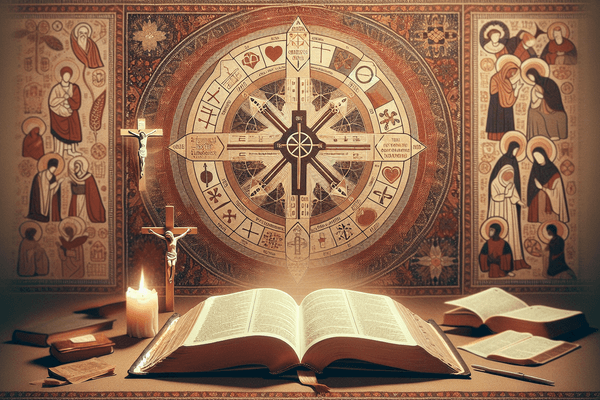The Biblical Perspective on Ordaining Celebrations
The Bible does not preclude the ordination of celebrations by humans, as long as they honor God and align with His teachings. From the Old Testament feasts like the Passover, commemorated as a memorial of deliverance in Exodus 12:14, to the New Testament accounts of communal fellowship among early Christians in Acts 2:46-47, celebrations have served as expressions of faith and gratitude. The Feast of Booths, as described in Leviticus 23:41-42, was a time for the Israelites to celebrate God's provision with joy and thanksgiving. Similarly, Jesus' participation in social celebrations, including weddings and feasts, highlights the importance of communal joy and the integration of faith into all aspects of life. These celebrations are not mere historical footnotes but vibrant, lived experiences that underscore the community and shared values at the heart of Christian life. For a deeper understanding of living a faith-filled life, one can explore how wholehearted faith, commitment, and fervency are embraced in Christianity.
Conclusion
In the mosaic of Christian practices and observances, Good Friday stands out as a poignant reminder of Christ's sacrifice and our call to reflect and repent. While the tradition of abstaining from meat is a specific act of remembrance, the broader biblical teachings on religious observances reveal a tapestry of freedom, unity, and communal celebration. As believers, we are encouraged to discern the significance of these practices in light of the scriptures, such as Galatians 5:1, which speaks of the freedom we have in Christ. This exploration invites us to a deeper understanding of our faith, a more profound appreciation of our traditions, and a renewed commitment to living out the gospel in every aspect of our lives, always honoring the ultimate sacrifice made for our salvation.
FAQ
Q: What is the significance of abstaining from meat on Good Friday?
A: In the Catholic tradition, abstaining from meat on Good Friday is a form of penitence and an act of remembrance of Jesus Christ's crucifixion. It is a day to reflect on the sacrifice of Christ and to practice self-denial as a spiritual discipline.
Q: Can you eat meat on Good Friday?
A: In the Catholic tradition, it is recommended to abstain from meat on Good Friday as an act of penitence and reflection. Pescatarian options are suggested as alternatives.
Q: What does Colossians 2:16-17 say about religious observances?
A: Colossians 2:16-17 teaches that believers should not be judged based on religious practices such as food and drink or the observance of festivals, as these are a shadow of things to come, with the substance belonging to Christ. It emphasizes freedom in Christ from legalistic practices.
Q: What guidance does the Bible provide about ordaining celebrations?
A: The Bible provides guidance that celebrations should honor God and align with His teachings. Celebrations ordained by God in the Old Testament, such as Passover and the Feast of Booths, were to remember God's works and celebrate His provisions.






